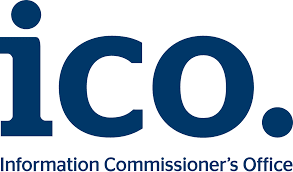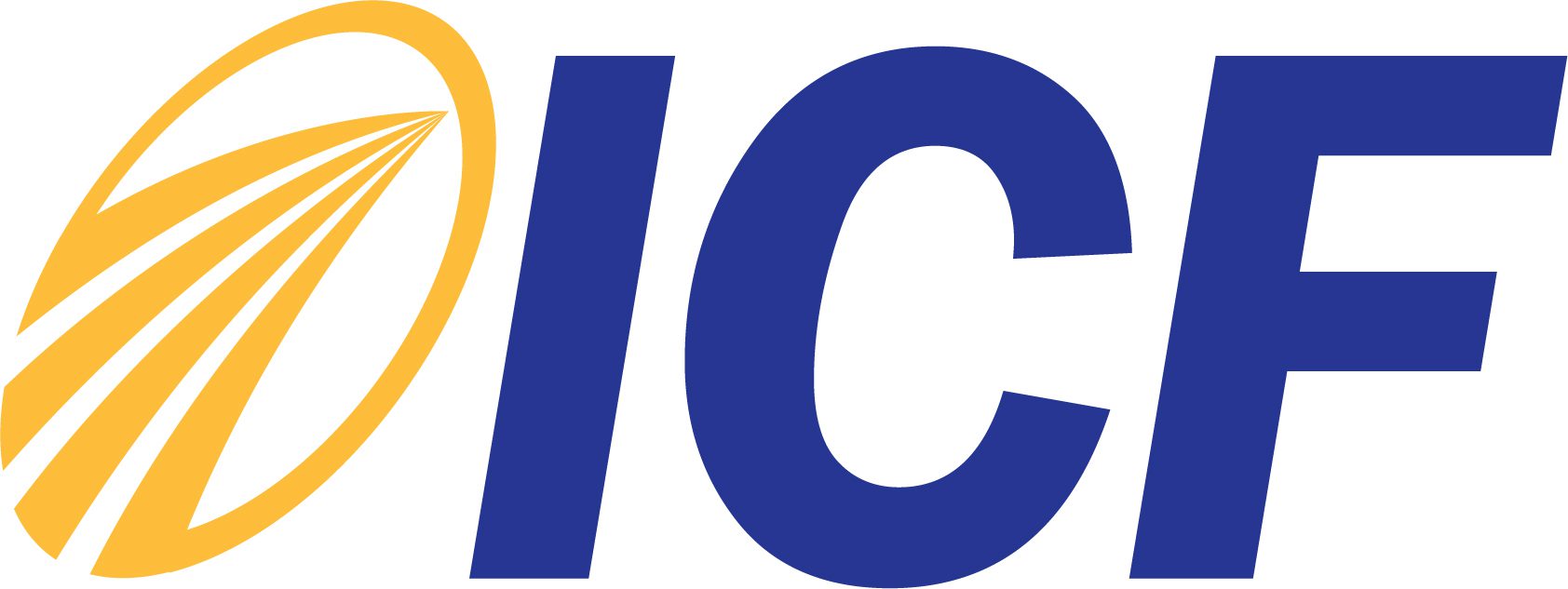Is your senior executive job search taking longer than you had planned? Has your resilience started to fray around the edges?
We’ve just received the findings from an independent detailed candidate and recruiter survey, which found that 51% of candidates had been looking for their new role for four months or longer, with 1 in 10 still looking after 12 months. Almost half of all candidates had not expected their search to take as long as it had.
Perhaps you’ve also found yourself getting frustrated at how long your job search is taking?
With the whole process of finding your next role often taking longer than you think at the start, you’ve no time to lose! Here are three practical ways to speed up your job search:
Connect with the right people
Isn’t life all about relationships? The same can be said of business or life in general. From a business context, I advocate approaching any new relationship from a win-win perspective. Many subscribe to this approach but do they remember to actually offer support to the ‘other party’, e.g. if a peer colleague has just been very helpful to you on a call, why not simply ask, “Is there anything I can do to help you?”
Networking and social media has a way of bringing things back to you if you’re proactive and have a genuine win-win mind set. Start to engage with recruiters, companies, and peer networks as soon as your employment status changes and, importantly, continue to nurture and grow your network whilst in a role too (this being the single biggest failing among senior executives).
The job hunt is something of a numbers game, and there are smart ways to mitigate this. Contacting the right people; not wasting time on fruitless connections. By tracking what you have done (via a simple CRM, your preferred email client, or a spread sheet) you will soon establish who the people (recruiters and peers) are that you need to stay in touch with.
Adopt a positive and enthusiastic attitude
Throughout your job search you’re going to face disappointments, unreturned calls, being ‘pipped at the post’ perhaps. Don’t get yourself tied up in psychological knots. It’s vital to remain optimistic and foster a mind-set of strong resilience. This is where numbers can also count; it’s much better to have a few potential roles in the discussion stages, which can help avoid the emotional attachment that can inevitably be involved when it’s just the one opportunity you’re discussing. Don’t spend an age agonising whether to make ‘just one more’ follow up call to a recruiter about a role or even an interview you’ve recently been on. The plain fact is that if they want you, they’ll be in touch. Move on to the next opportunity, keeping that ‘self-marketing’ head on at all times, and keep pushing forward.
Remember, how you approach your job search can have a big impact. Many senior level candidates commonly believe the main obstacle to their job search is a lack of suitable vacancies – and their defeatist attitude reflects this. However, just because you haven’t found one yet, doesn’t mean there are no jobs available! From our research it became clear that the majority of senior executives interviewed were still focusing on the advertised jobs market, with only 37% thinking their next role would come from the unadvertised market. In reality, an enormous 70% of roles come from this Hidden jobs Market. Our strongest recommendation is to focus your efforts on this slice of the jobs market. We can help get you started with our free primer report on the Hidden Jobs market.
Another interesting point that emerged from the research is the essentiality of managing your own expectations. When it comes to salary/package, candidates are adjusting their expectations downwards, the longer they are looking for a position. Therefore, it’s important to ensure your expectations are realistic when you begin your job search and think twice before you turn down that job offer because the salary isn’t sufficient – your “no, thank you” might just result in many more months of job searching only to settle for a role with a lesser salary/package six months down the line.
Always be prepared
If this point sounds too obvious, how about this real life example from a CFO contact of mine in Australia? (XXX replace actual people and company names)
“I literally bumped into a guy on a street corner in the city who is the partner of the big law firm doing all the work for XXX. I knew him well as he used to be a relationship manager of one of our major lenders many years ago. He wanted to introduce me to the guys as he knew my finance / debt skills would make his role as legal advisor easier.
The key for me in this is that (putting aside happy coincidences), someone that morning had been asking me why do I bother wearing my suit jacket buttoned up, and my tie all the time in the city heat and coming into the city when job hunting. I had replied that when I walk around the city in Sydney and bump into people I want to look “job ready”, leave no questions in the mind of the people I meet. I know that there could be a number of candidates for this role but when I ran into XXX looking sharp as I did, gave my 30 second elevator pitch while the traffic lights changed, he knew I was sharp, ready and he could put me forward with credibility without any fear of embarrassing him”.
That’s a really great story, and also one of persistence. So what can your version of being prepared be? Always having a daily plan? Being well organized and tracking your contacts? Having all relevant information to hand when you have a recruiter call coming in? Rehearsing interview questions thoroughly?
These are typical stopping off points along the road map to your next senior executive role. Adopt these strategies today and you’ll be well on the way to landing your next role, faster.
Want further insight into how today’s executive jobs market works? Find out more about our recent independent research.











